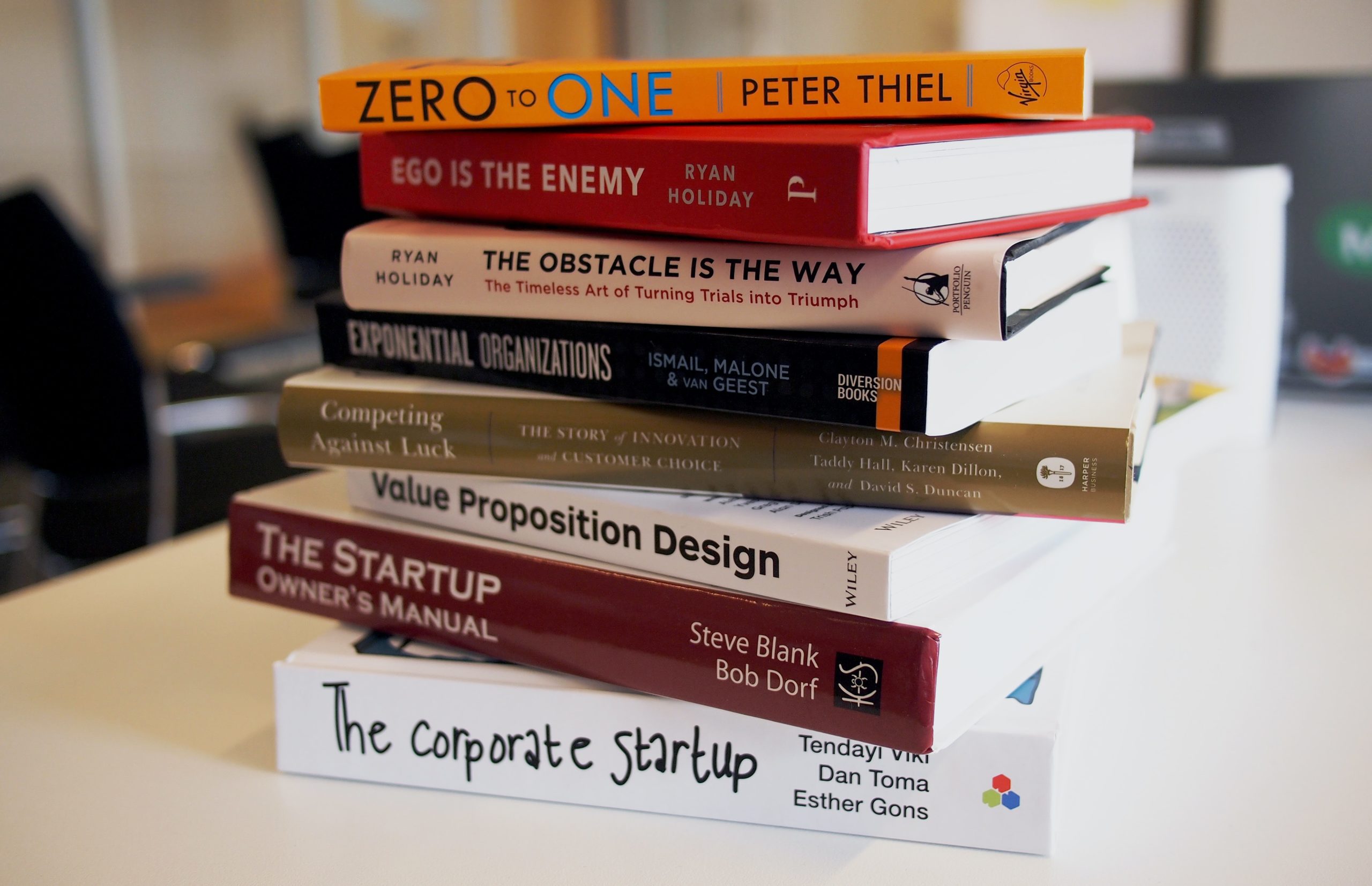
From Human to God

“For the first time in history, more people will die today from eating too much than from eating too little; more people die from old age than from infectious diseases; and more people commit suicide than are killed by soldiers, terrorists, and criminals combined.” “The average human is far more likely to die from bingeing at McDonald’s than from drought, Ebola or an al-Qaeda attack.”
Yuval Noah Harari, book Homo Deus; A Brief History of Tomorrow, 2017
What was that? It can’t be right! Yet in the last few decades, we have been able to move closer to managing famine, plagues, and war. We haven’t overcome them, but we have significantly decreased their effect on us. If we do solve these, what will we work on next. That is the topic of the book “Homo Deus: A Brief History of Tomorrow” by Yuval Noah Harari, a Ph.D. of history from the University of Oxford.
What about immortality? If we can overcome the big three; hunger, disease, premature death, aren’t we trying to extend life? If the right to life is humanity’s most fundamental value, death would violate that right. Death would be a crime against humanity.
Our focus would become the re-engineering of our bodies. Extending our life to 150 years would bring us closer to divinity; going from Homo Sapiens to Homo Deus. Harari’s book examines how this can be accomplished. If we become the focus of our divinity then we won’t need God. Consequently, we will no longer focus on faith in God but faith in humanity.
That is what Humanism is about. Humanism is relying on human fulfillment and inner experiences. The practice is stating that the ultimate source of meaning for the entire universe comes from within you, not from a higher authority like God. You can rely on your own feelings and desires to determine what is right.
Humanism teaches that something is bad if it causes someone to feel bad. That’s where all this “me” mentality has come from. You are out for yourself. You put emphasis on feelings, desires, and experiences. This type of thinking will be the destruction of us.
In my book “Who’s Changing the Meaning?” I address Humanism’s idea of “it’s bad if it hurts someone,” by looking at Relativism. We define relativism as; “The belief that different things are true, right, etc., for different people or at different times; a theory that knowledge is relative to the limited nature of the mind and the conditions of knowing; seeming to be something when compared with others.”
Relativism is different things to different people. That means it is not absolute. It is at best a shooting target, hoping it lands where the result is favorable to you.
What the definition states is relativism is truth based on what anyone will think even though they aren’t capable of knowing yet if it really is or isn’t something. The entire definition contradicts itself, making no sense at all; nonetheless, we accept relativism when any idiot refers to it. Humanism concurs with the idea that truth changes.
Relativism affirms that what is true is conditional, that no system of truth is more valid than another. Truth is what is relevant to each person. My truth is different from your truth, which is different than the homeless man’s truth, which is different from Charles Manson’s truth, which is different than O.J. Simpson’s truth.
Truth cannot be contradictory. Truth is set, a never changing thing. Relativism defies the very nature of what is true. It changes on a whim, bending for each person but unattainable for all. There is no chance every person will get what is relevant to them in any situation that involves another person. Relativism is impossible to achieve. With Humanism it would be impossible to determine what is right or wrong based on if it hurts another. What doesn’t hurt one person may still hurt someone else.
Harari goes further in his book by looking at the biochemical responses in the brain. He covers how our consciousness works and how our brain processes the things around us. As I finished one chapter I found the next to be even more interesting. I don’t agree with everything the author states, but I am fascinated about the thought-provoking ideas Harari presents.
Homo Deus is on the to-read list of Bill Gates. Gates states about the book, “It is a deeply engaging book with lots of stimulating ideas and not a lot of jargon. It makes you think about the future, which is another way of saying it makes you think about the present.”
Bill Gates, https://www.gatesnotyyy6tes.com/Books/Homo-Deus
Homo Deus is a great book to open up the mind. It awakens you to see what is going on around you and how it can affect your future. Challenge your brain and enjoy this great read.
Dana is a published writer and professional speaker. She is a freelance writer, editor, in-depth researcher, and proofreader. She is well-rounded with her background in writing, language, business, philosophy, theology, retail, science, education, current issues, and communication. Her field is miscommunicationology.
She is a philologist, defined in Webster’s original dictionary as, “Primarily, a love of words, or a desire to know the origin and construction of language; in a more general sense.” Her attitude is “There’s always something to learn.”
Dana studies words and their meanings and has achieved a genius vocabulary level. Her book, “Who's Changing the Meaning?” is about the definitions of words changing and the implications it has on us socially, creating miscommunication and chaos. In it, she discusses how the new definitions affect writings and speeches from long ago, like The Declaration of Independence or Dr. Martin Luther King's “I Have a Dream” speech to today's issues.
Dana is a charter C-Suite Network member and serves on the Decision Making Team of the C-Suite Manufacturing Council.
She actively blogs on current topics, creates content for courses, and improves the writing of others.
Expertise in Miscommunicationology, Thinker, Philologist, Writer, Editor, Blogger, In-depth researcher.
“A jack of all trades is a master of none, but oftentimes better than a master of one.” unknown
www.danalynnpope.com|Dana Pope is a Project Management Specialist at i5 Services, overseeing CONNEX and Manufacturers Marketplace.
Dana is a published writer and professional speaker. She is a freelance writer, editor, in-depth researcher, and proofreader. She is well-rounded with her background in writing, language, business, philosophy, theology, retail, science, education, current issues, and communication. Her field is miscommunicationology.
She is a philologist, defined in Webster’s original dictionary as, “Primarily, a love of words, or a desire to know the origin and construction of language; in a more general sense.” Her attitude is “There’s always something to learn.”
Dana studies words and their meanings and has achieved a genius vocabulary level. Her book, “Who's Changing the Meaning?” is about the definitions of words changing and the implications it has on us socially, creating miscommunication and chaos. In it, she discusses how the new definitions affect writings and speeches from long ago, like The Declaration of Independence or Dr. Martin Luther King's “I Have a Dream” speech to today's issues.
Dana is a charter C-Suite Network member and serves on the Decision Making Team of the C-Suite Manufacturing Council.
She actively blogs on current topics, creates content for courses, and improves the writing of others.
Expertise in Miscommunicationology, Thinker, Philologist, Writer, Editor, Blogger, In-depth researcher.
“A jack of all trades is a master of none, but oftentimes better than a master of one.” unknown
www.danalynnpope.com|Dana Pope is a Project Management Specialist at i5 Services, overseeing CONNEX and Manufacturers Marketplace.
Dana is a published writer and professional speaker. She is a freelance writer, editor, in-depth researcher, and proofreader. She is well-rounded with her background in writing, language, business, philosophy, theology, retail, science, education, current issues, and communication. Her field is miscommunicationology.
She is a philologist, defined in Webster’s original dictionary as, “Primarily, a love of words, or a desire to know the origin and construction of language; in a more general sense.” Her attitude is “There’s always something to learn.”
Dana studies words and their meanings and has achieved a genius vocabulary level. Her book, “Who's Changing the Meaning?” is about the definitions of words changing and the implications it has on us socially, creating miscommunication and chaos. In it, she discusses how the new definitions affect writings and speeches from long ago, like The Declaration of Independence or Dr. Martin Luther King's “I Have a Dream” speech to today's issues.
Dana is a charter C-Suite Network member and serves on the Decision Making Team of the C-Suite Manufacturing Council.
She actively blogs on current topics, creates content for courses, and improves the writing of others.
Expertise in Miscommunicationology, Thinker, Philologist, Writer, Editor, Blogger, In-depth researcher.
“A jack of all trades is a master of none, but oftentimes better than a master of one.” unknown
www.danalynnpope.com
- We The People Vote But Does It Count? - November 9, 2020
- Dinosaurs are Running Free and Most are in DC - October 7, 2020
- 240 Pages by 2 Hours Equals a Book - September 30, 2020






